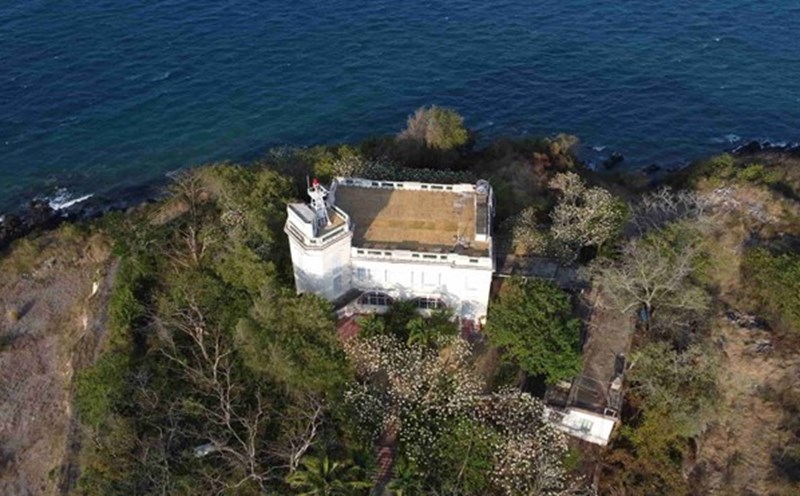Continuing the 9th Session, on the morning of May 26, Director of the Supreme People's Procuracy (SPP) Nguyen Huy Tien presented the draft Law on Judicial Assistance (TTTP) on criminals.
According to Director Nguyen Huy Tien, the 2007 Law on Banking and Investment stipulates 4 areas (criminal, civil, extradition and transfer of people serving prison sentences), which have actively contributed to the process of judicial reform, international integration and intern legalization of commitments signed by Vietnam.
practice shows that to meet the requirements of effectively fighting against transnational crimes and crimes with foreign elements, the promulgation of a separate law on culture and sports in the criminal field is extremely necessary.
In terms of content, this draft law includes the following chapters:
Chapter I stipulates general issues, inheriting the provisions of the current Law on Investment and Investment and has a number of new regulations.
First, scope of criminal records: Add new points such as: Taking statements directly or online; allowing the person conducting the lawsuit in the requested country to be present during the process of implementing the electronic records in the requested country.
Organize for people in the country who are required to come to the requested country to support the investigation or provide evidence; apply legal measures to ensure the confiscation, return, and handling of evidence and assets related to the crime.
Second, the Supreme People's Procuracy, as a central agency, is responsible for presiding over the assessment and decision to accept or reject foreign requests for mutual assistance on the principle of " giving back". In case necessary, the Supreme People's Procuracy shall consult the Ministry of Foreign Affairs and relevant agencies to reach an agreement before making a final decision.
Third, the implementation of criminal TPTP between Vietnam and countries sharing borders and the consideration and requirements related to the death penalty.
Fourth, it stipulates that consular offices are not required to be legalized for documents and papers in criminal records.
Fifth, the regulation on costs in criminal TTTP activities in the direction of the required country will bear costs arising from the implementation of mutual assistance requests in the territory of the country, except for some specific costs that must be paid by the country.
Chapter II regulates Vietnam's criminal TTP requirements for sending abroad. It clearly states the process of receiving, handling requests, and supplementing mechanisms when not receiving feedback from abroad, the Supreme People's Procuracy coordinates with the requesting agency and relevant agencies to agree on the end of mutual assistance.
Chapter III is related to the request for criminalTP from foreign countries sent to Vietnam. This chapter specifically states the process of receiving and handling requests, and the basis for refusing or delaying the implementation of requests.
Supplement some grounds in accordance with international treaties such as mandatory refusal if requested to be related to a crime related to politics or the military sector; or can be refused if the behavior of the subject mentioned in the request for mutual assistance does not constitute a crime under Vietnamese criminal law.
Chapter IV, including: 2 articles, stipulates the effectiveness of the Law as well as how to handle mutual assistance requests established before the effective date of the law.











